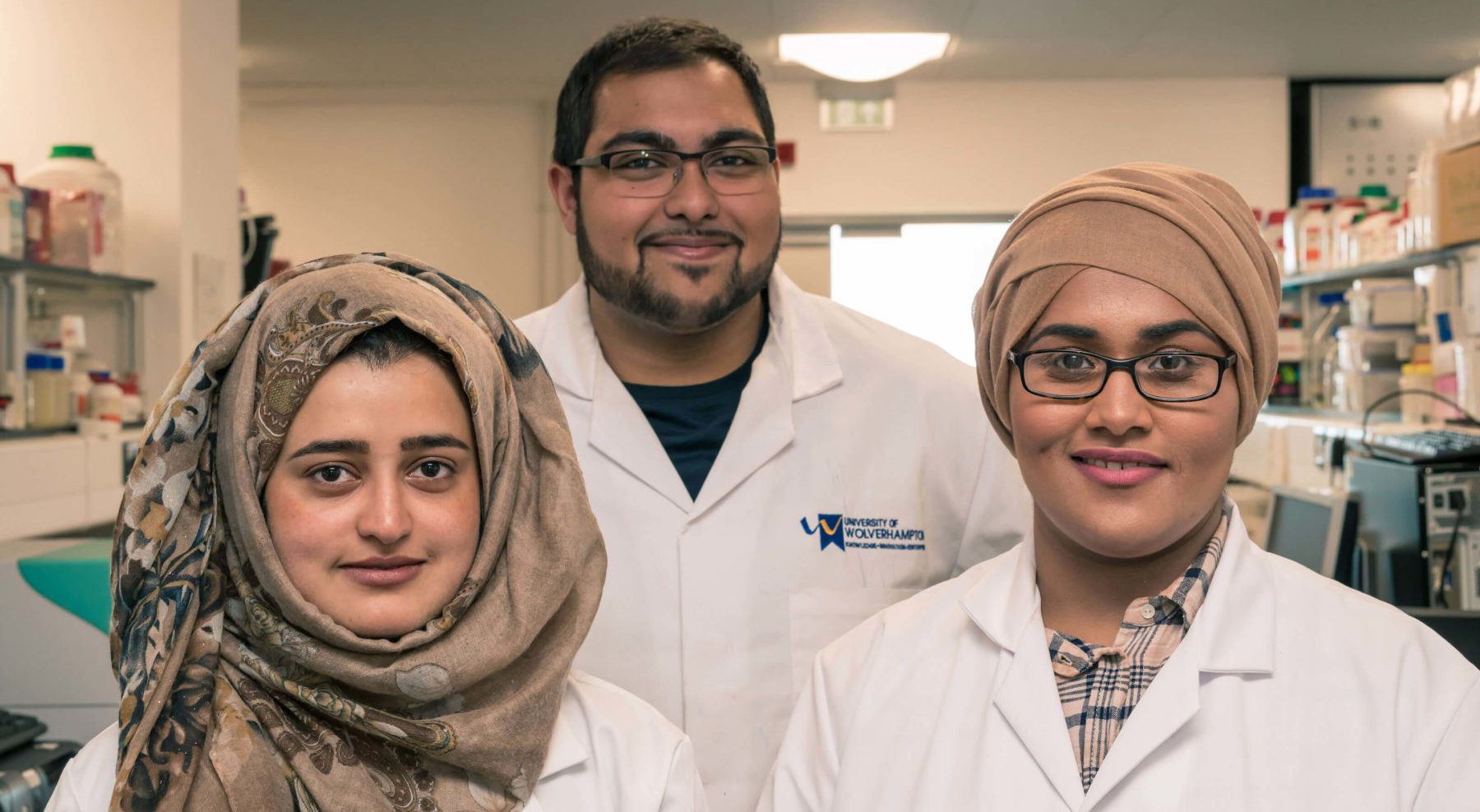
Our achievements and impact
By bringing the research community and funding world-leading research, we’ll transform the future and make the breakthroughs that people with the disease so desperately need.
A simple test
In 2019/20, our researchers continued to make great progress through the Early Diagnosis Research Alliance, led by Professor Steve Pereira. Launched in 2018, this Alliance represents the UK’s single biggest investment in the early diagnosis of pancreatic cancer (£750,000). It brings together the best scientific minds to develop a simple test to diagnose pancreatic cancer quickly.
These researchers have developed a diagnostic blood test that has been over 95% accurate in early trials, suggesting that we’re on the cusp of a research breakthrough. By speeding up people’s access to treatment, this test could start saving lives by 2024.
Getting life-saving treatment faster
By changing the way the NHS works, we can keep more people alive. We’ve funded a project in one area that has shown it’s possible to get people to the life-saving treatment they need faster and reduce unnecessary delays. We’re now working hard to get this faster way of working in this area and others, to happen everywhere in the NHS.
Using a new ‘fast-track’ surgical pathway, Consultant Surgeon Keith Roberts and his team at University Hospitals Birmingham NHS Foundation Trust managed to reduce waiting times for patients. They reduced the time it took patients to have their tumours removed from two months to two weeks and boosted the numbers having successful surgery, while also saving the NHS around £3,200 per patient.
Our funding
Since 2015 we’ve funded over £8m into pancreatic cancer research and this has had a multiplier effect, driving breakthroughs in knowledge and best practice to create a more positive future for people affected by pancreatic cancer.
Crucially, for every £1 we invest in research, our projects generate a further £7.04 in research funding.